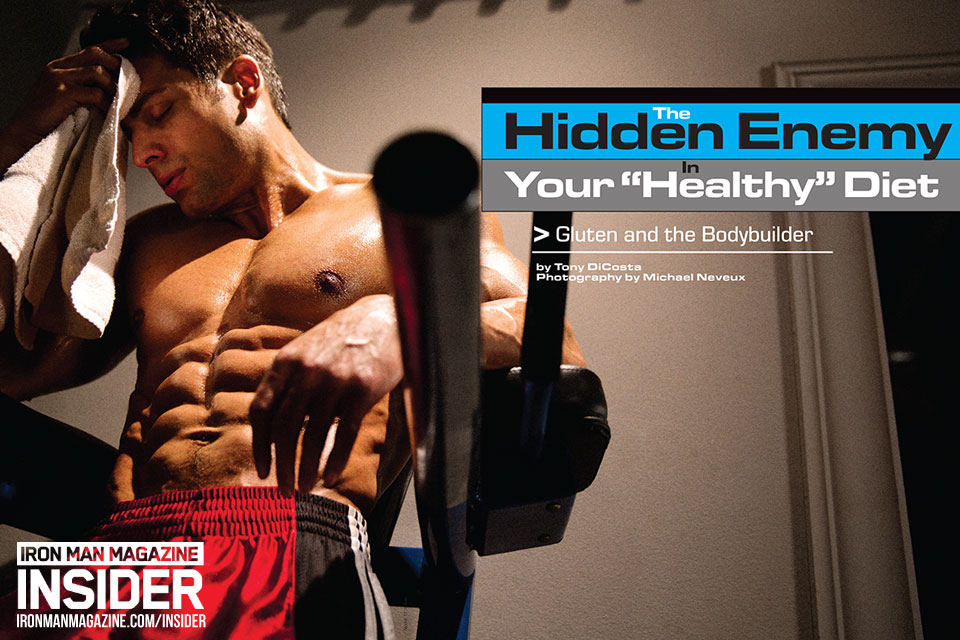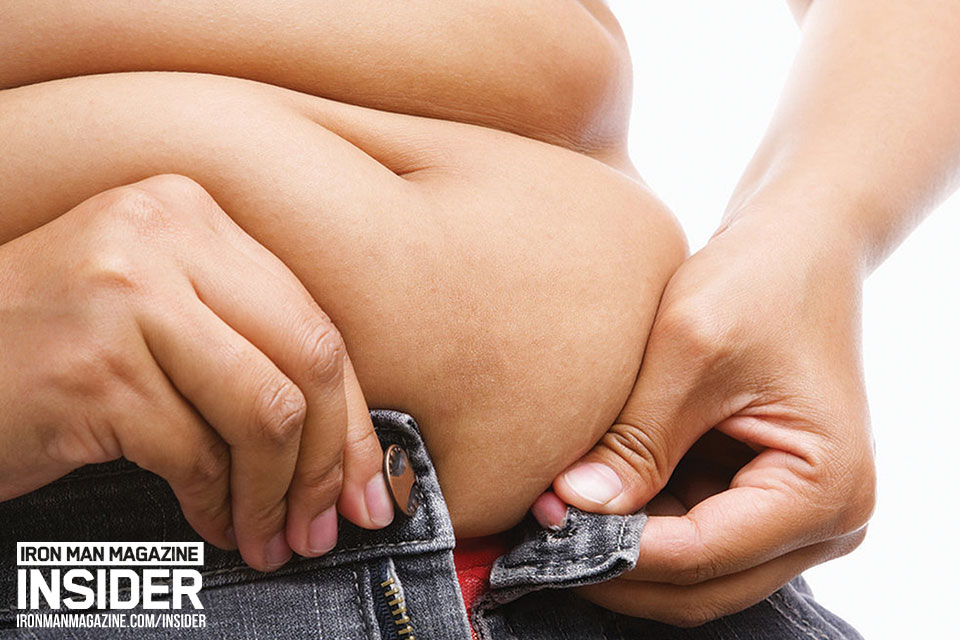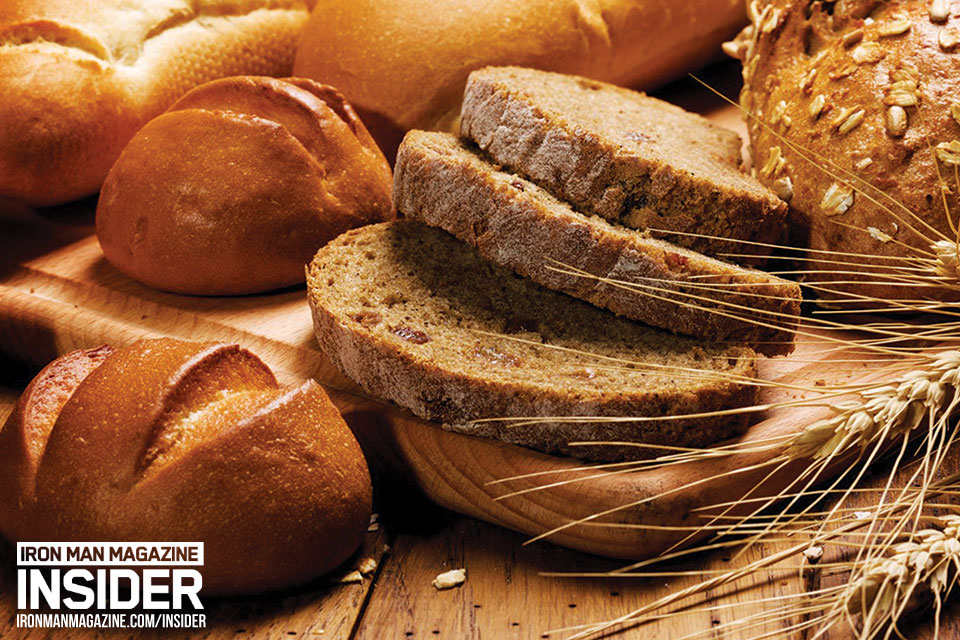- Messages
- 2,405
- Reaction score
- 1,431
- Points
- 113


I have always tried to ignore scary health statistics—until I became one. Then it was impossible to ignore them. In the pump-up room at the ’11 Master’s Nationals, while everyone else was eating rice cakes and jelly, I was desperately slugging down large gulps of Maalox in an attempt to stop the swelling mound that had once been my flat, carved midsection. It was a nasty circumstance in more ways than one.
Never a mass monster, I had attained my bodybuilding successes based mostly on conditioning and symmetry—both of which are lost with a distended midsection. As much as I wanted the masters class win I had pursued for two years, I was forced to deal with a more important consideration: “What is happening to me?”
The first serious symptoms occurred on a day that I had scheduled a session with my posing coach. An hour or so before that was to take place, my stomach began to blow up like a balloon. It was extremely painful, swelling so much that it caused me to be bent over to one side. It was impossible to straighten up or suck in my gut. Any chance of practicing posing was out of the question, as even regular breathing became difficult. I could no longer fool myself with the thought that what was happening to me was within the scope of normal supplement-based digestive discomfort.

For bodybuilders, digestive issues are the “800-pound gorilla in the room,” a problem largely unspoken among us. Whether we compete, most of us load up on numerous supplements, including creatine, and protein—all of which can be hard on our digestive systems. Many readers know exactly what I’m talking about. So at first, as I began to experience relatively minor episodes of pain, bloating and gas, I wrote it off as just part of the game. My problem was much more serious than that, however—and it would take a pain-filled year to find out what it was.Gluten is not soluble in water and is the element that gives bread and pizza dough their elasticity and that delicious “toothiness” when baked.
Maybe you’re thinking, “I don’t have any of those problems, so this article is not for me.” Hang with me for a bit. As a bodybuilder you will be glad you did for numerous reasons.
Like everyone else I had heard the word gluten used, usually in the context of a supplement or food product claiming to be free of it. To be honest, I thought it was just another of the things that the “health nuts” were trying to avoid—like sunlight, diet soda, red meat and global warming. Boy, was I wrong! Still, what does any of that have to do with IRON MAN readers?
If you are serious about what your physique looks like, then you already know that half the battle involves your diet—and healthy carbs are a part of that diet. Even those who are in the last stages of a low-carb contest diet have to have some carbs to keep their metabolisms from slowing to sleeping level. Frequently, those carbs come in the form of wheat-containing foods. What could be wrong with that? Doesn’t everybody know that whole-wheat products are healthful? Maybe not.
As bodybuilders we pursue health—particularly leanness—at a very high level. There are compelling reasons to believe that wheat and some other grains may be hindering our progress in numerous ways, even if we are not allergic to them or suffering from celiac disease, which is a severe autoimmune response to gluten.
Two Proteins That Are Not Your Friends
As bodybuilders we are in love with protein. Ironically, the bad news about wheat is found in two of the proteins it contains: glutenins and gliadins. How your body reacts to them will define the ways in which and to what degree your bodybuilding efforts—and even more important, your health—will be affected. Let’s take a look at each of the problem proteins and the negative consequences they can produce.

Gluten. Gluten is a protein composite found in wheat, barley and rye and in foods that are manufactured using those grains. Gluten is also found in beer (sorry to be the one to break that), malt products such as soy sauce, and many starchy food binders. The two protein components of gluten are gliadins and glutenins, along with a starch. Gluten is not soluble in water and is the element that gives bread and pizza dough their elasticity and that delicious texture when baked. Gluten is found in the vast majority of prepared foods in some form or other (I once searched a major supermarket’s 40-foot-long frozen-dinner aisle and found only one product that did not include a gluten-containing ingredient).There are compelling reasons to believe that wheat and some other grains may be hindering our progress in numerous ways, even if we are not allergic to them.
Gliadin. A water-soluble type of protein called a glycoprotein—because it is a protein plus a carbohydrate—gliadin is found in wheat and some other grains, including rye and barley. It is the component of gluten believed to be primarily responsible for celiac disease and most gluten intolerances in genetically disposed individuals. It’s important to note that even in those who have no gluten sensitivities, gliadin itself is thought to be a major source of health problems.

